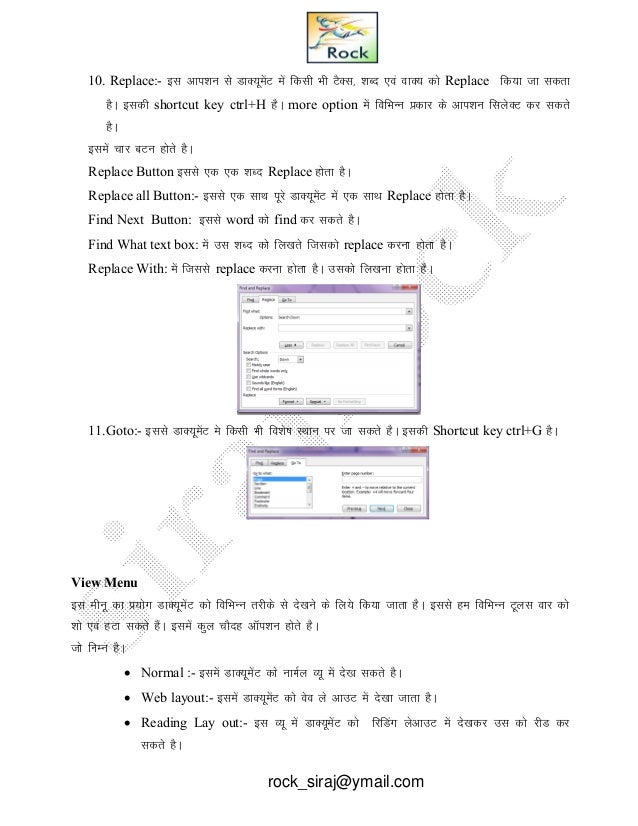Difference Between Hardware And Software In Hindi Pdf
Computer Hardware and Software. What makes up today’s personal computer (PC). You learn about basic computer hardware and the importance of keeping your computer and its data safe. Next, you learn all about operating systems—the software that makes it. Doesn’t cost much more than a 15-inch monitor and the difference is more than. So everything else in your computer that is not hardware is software. An application is basically a type of software. So the difference between software and application is very much like the difference between a rectangle (software) and a square (application); all applications are software, but not all software are applications.
Hasee laptop wifi drivers update. If you have an interest in computer hardware and software but you aren’t sure which career path to choose, you probably want to learn about information technology (IT) and computer science. These two rewarding careers each require a slightly different set of skills, and they each appeal to a somewhat different type of person.
An IT career involves installing, organizing and maintaining computer systems as well as designing and operating networks and databases. Computer science is focused entirely on efficiently programming computers using mathematical algorithms. An IT career doesn’t necessarily require a computer science (CS) degree, although a CS degree opens certain doors that otherwise wouldn’t be available. IT professionals typically work in a business environment installing internal networks and computer systems and perhaps programming. Computer scientists work in a wider range of environments, ranging from businesses to universities to video game design companies. Both of these careers have excellent growth potential and high salaries, with software developers somewhat ahead of IT professionals in earnings. A Career in Computer Science A computer science degree gives students a rigorous education in discrete mathematics and computer science theory.

Most CS graduates go on to become software developers or Web programmers, and those who continue on to graduate-level schooling have the chance to do research or work in more specialized roles, such as advanced artificial intelligence programming. With a four-year CS degree, students can find employment as programmers, software engineers or IT professionals. However, to become a software developer, graduates usually must teach themselves quite a bit of programming on their own. A CS education prepares students to choose the correct design patterns, algorithms and data structures for programs, but most students graduate knowing only one or two programming languages, usually C++, Python or Java. For most corporate programming jobs, C++ alone may suffice, but a professional software developer should know several other languages, including HTML, CSS, JavaScript, MySQL, PHP, Python and Java. Software developer jobs are projected to grow, well above average.
In 2012, the median annual salary of a developer was $93,350, with the highest-earning 10 percent making at least $138,880. Working in Information Technology With a two- or four-year IT degree, graduates can find work in a number of occupations, including information security, network architecture, database administration, systems administration and computer support. However, some of these jobs require advanced computer science and programming knowledge, so graduates must enroll in specialized programs or take elective courses.
For example, information security requires knowledge of discrete math and algorithms, and database administration requires knowledge of programming. Also, information security analysts usually have certifications, such as ISC or CISSP. In general, IT professionals need to stay abreast of new technology, and they must be very familiar with how to use operating systems and server software, including Linux, Apache, OpenSSL, Windows Server, Oracle, MySQL and Microsoft SQL Server. 15 to 37 percent over the next ten years, with salaries ranging from $48,900 to $91,000, depending on experience and level of education.
While IT and CS degrees can lead to similar jobs, the differences between the two are quite pronounced. IT professionals should enjoy installing computer systems, using software and maintaining networks and databases, while computer scientists should enjoy mathematics and software design. In general, the relationship between information technology and is quite close and interdependent.